Is it possible that the world could emerge improved after the coronavirus pandemic? From personal carbon allowances to forest cities, Rose Dykins and Marisa Cannon reveal 25 ideas shaping the future of travel
1. Ethical search engines
Travellers will plan their trips using search engines that fund the greater good. Ekoru, FlyBarbara and Ecosia Travel all donate a percentage of their advertising income to eco charities – 100 per cent of the latter’s commission profit goes to tree planting (around 26 are planted per booking). Altruisto partners with platforms such as Booking.com to send funds for soap and hygiene kits to communities in need.
2. Travel avatars
We won’t need to explore faraway places by being there in person – robots will go for us and report back. Newme robots transmit 2K videos directly to human users so they can see and interact with the bot’s surroundings.
3. Micro hotels
After social distancing for so long, travellers will seek accommodation that feels secluded. Self-contained micro hotels allow for this – Birdbox by Livit is a cabin/hotel room hybrid for just one or two people to sleep in amid Norway’s wilderness.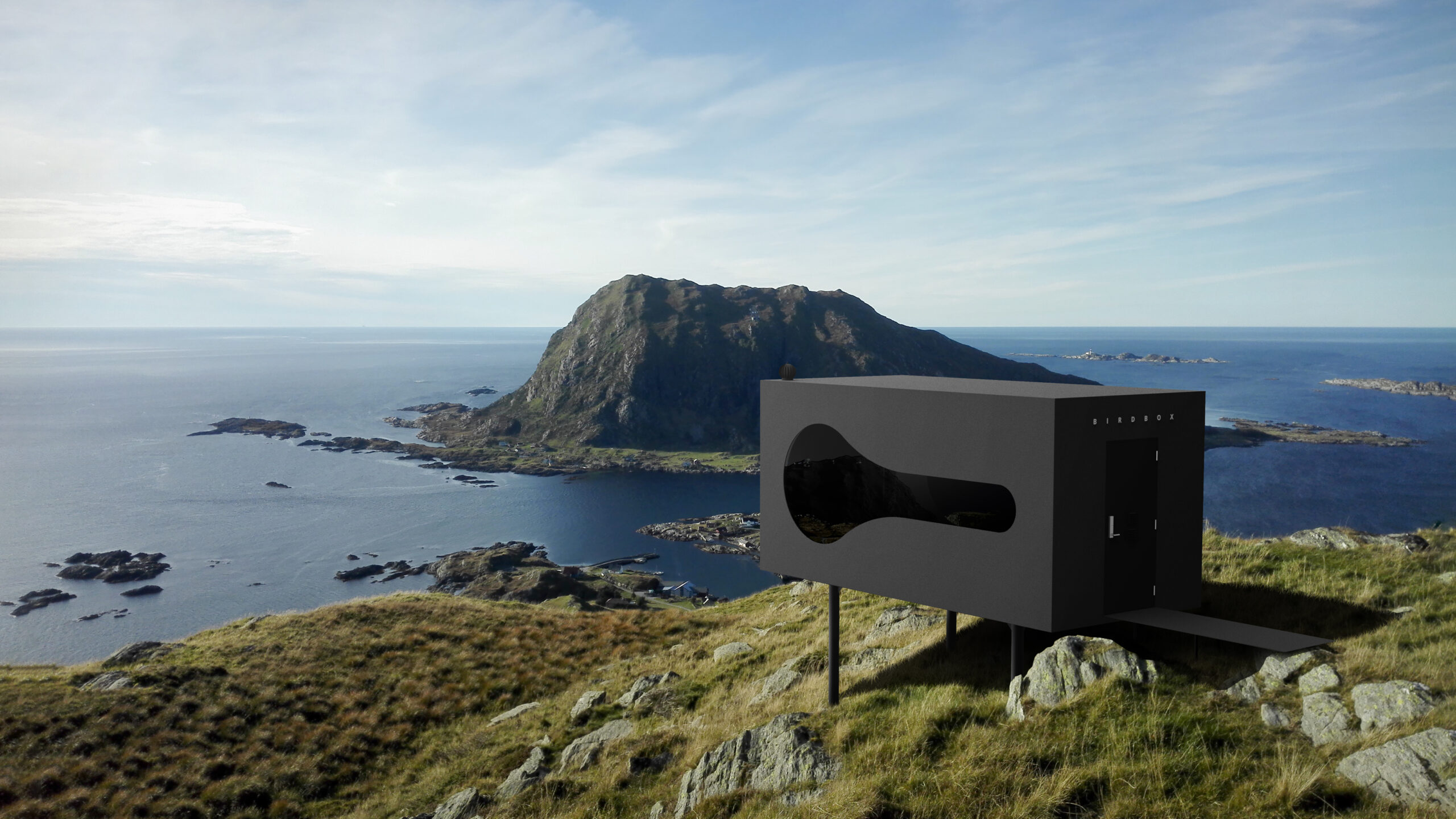 4. Personal carbon allowance
4. Personal carbon allowance
We’ll track our carbon footprint in the same way we count calories or monitor our screen time. Swedish fintech company Doconomy recently launched its “Do Black” card with Mastercard, which prevents cardholders from purchasing when they’ve reached their monthly CO2 allowance.
5. UV turndown service
To deliver next-level cleanliness, robots will become hotel room germ-busters. US-based tech company Xenex builds LightStrike bots that beam “intense germicidal” xenon light to kill pathogens, and they’re already at work in some hotels in the US.
6. Solo-working hotel rooms
While the population feels wary of coworking, but longs to break free from homeworking, hotel rooms will be rented as personal offices by day. Hotel brands including Accor and Zoku already offer this service, and the latter’s Private WorkLofts also have their own kitchens.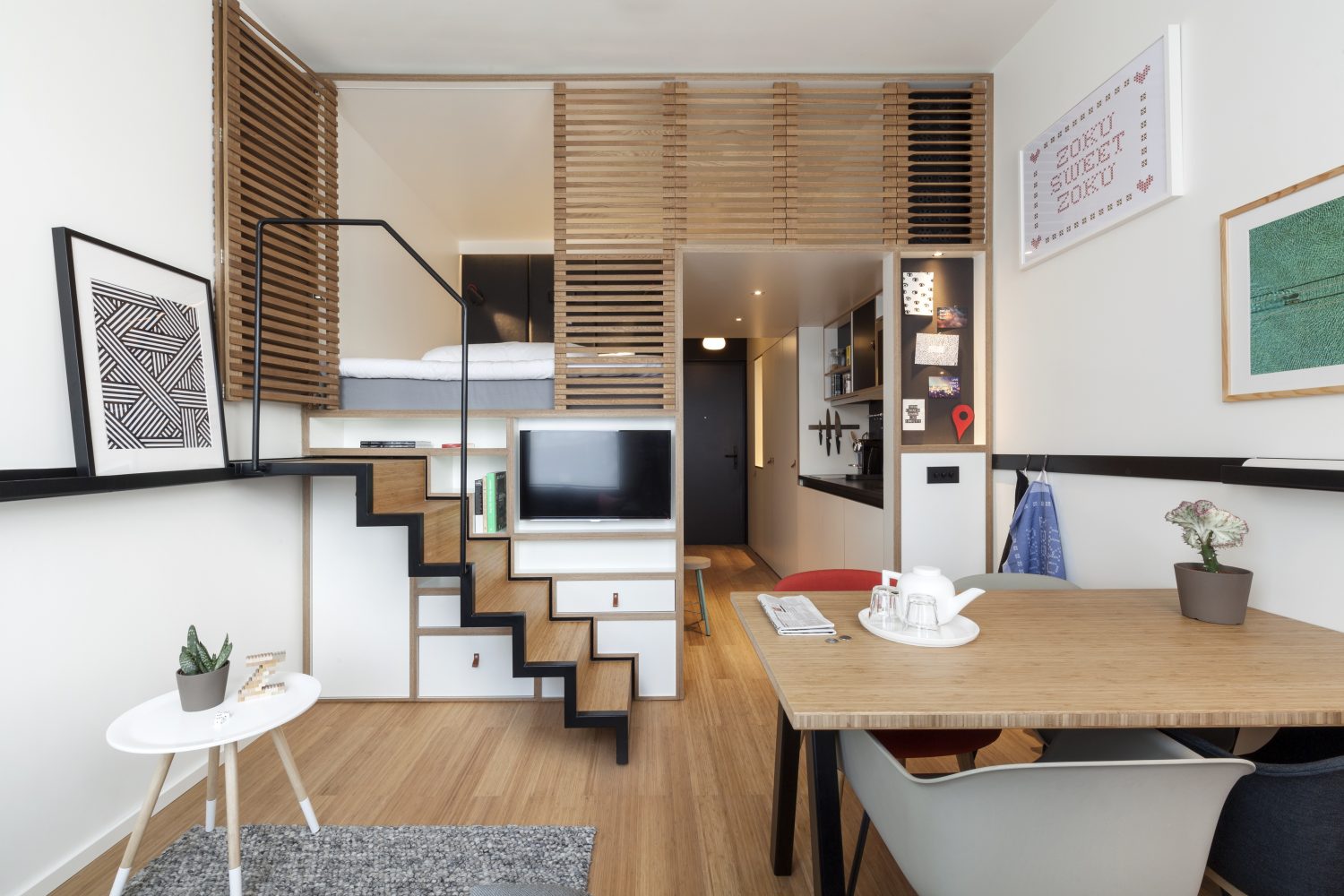 7. Zoom travel agents
7. Zoom travel agents
Travel agents will use Zoom to help customers plan their holidays remotely. “The need to stay at home has changed people’s perception of, and familiarity with, video calling,” says Derek Jones, managing director of Kuoni, which has launched a video appointment service.
8. Touchless environments
Low-touch living is the way forward, which means more automation. We’ll forgo cash for cleaner contactless payments – like in Amazon Go stores, where customers simply take groceries and leave. We’ll unlock hotel rooms with our phones and pat downs at the airport will be replaced by walk-through scanners.
9. Anti-viral interiors
Post-pandemic aircraft cabins and hotel interiors will feature antibacterial surfaces. Viruses can only survive on copper for four hours, for example, (unlike steel, upon which they can live for two or three days), while companies such as Bio-Fence are developing antimicrobial coatings that can be applied with a spray.

10. Drone drops
Autonomous drones will drop deliveries, food and medicine supplies directly to our doorsteps. Google Wing flies 400 feet above the ground (so skips traffic), emits zero carbon and uses machine learning to avoid trees, buildings and power lines.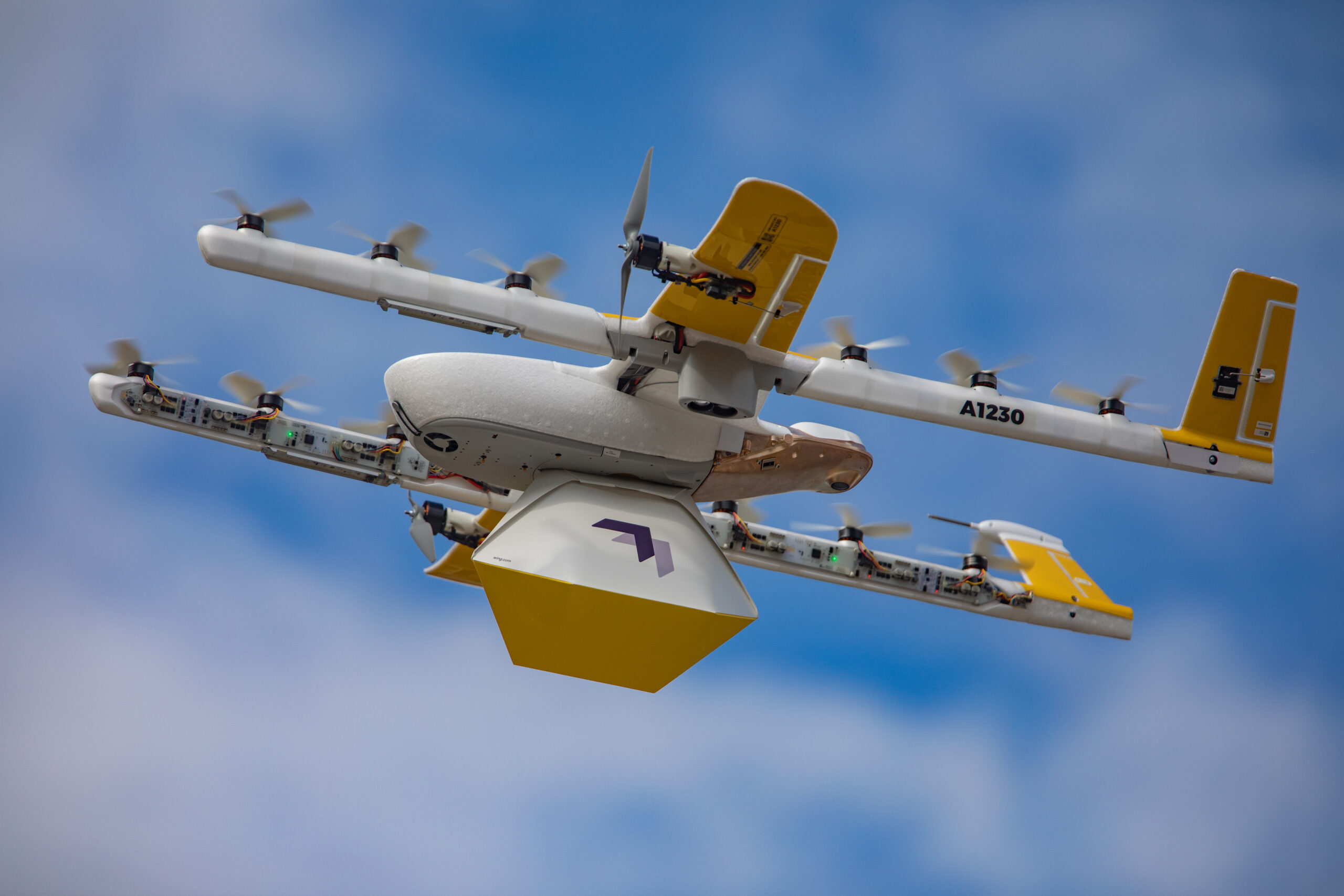 11. Health concierges
11. Health concierges
Luxury hotels will have healthcare professionals dedicated to guests’ individual concerns, accessible just like a concierge service. Le Bijou apartments in Zurich have launched a 24/7 personal health-monitoring service that guests can call upon if they feel unwell. They even offer in-house coronavirus testing.
12. Bespoke travel insurance
Rather than searching for an annual deal, we’ll invest in watertight, tailor-made travel insurance. The Greek Villas has partnered with Lloyd’s of London to launch this for its guests booking for 2020 – with 94 per cent of a full refund if a booking is cancelled.
13. Statement face masks
Fashion-forward face masks are on the way from the likes of Louis Vuitton, while Kempinski is rolling out floral print masks for its hotel staff. Meanwhile, Phyne’s EU flag masks exemplify how PPE can make a political statement.
14. Virtual influencers
CGI influencers will be more ubiquitous as restrictions on real-life travel persist, because they can be anywhere, anytime, and can be programmed to align with a brand’s values. They also come at a fraction of the cost of a human influencer. 15. Hotel-home room service
15. Hotel-home room service
Hotel-to-home room service may see greater interest as travellers seek five-star fare without the infection risks of dining out. Hotel Kämp in the Finnish capital offers 24- hour deliveries of salmon soup and Carelian Caviar.
16. Robots in hospitality
Hotels worldwide will increase their adoption of robot hotel staff, following the example of Hangzhou’s FlyZoo Hotel and Hotel Jen in Singapore, which use robots to deliver amenities and room service, plus in-room smart assistants to answer simple voice commands.
17. Doughnut economics
This economic model centres on the notion that no person should fall short on essentials such as food, housing or healthcare, while ensuring that we don’t overstretch our environmental systems, which include a stable climate, fertile soils and a protective ozone layer.
18. Forest cities
Cities are tackling the climate crisis and air pollution by planting millions of trees, from Cancun’s Smart Forest City, which will see an equal ratio of plants to people, to LA’s pledge to plant 90,000 trees by 2021.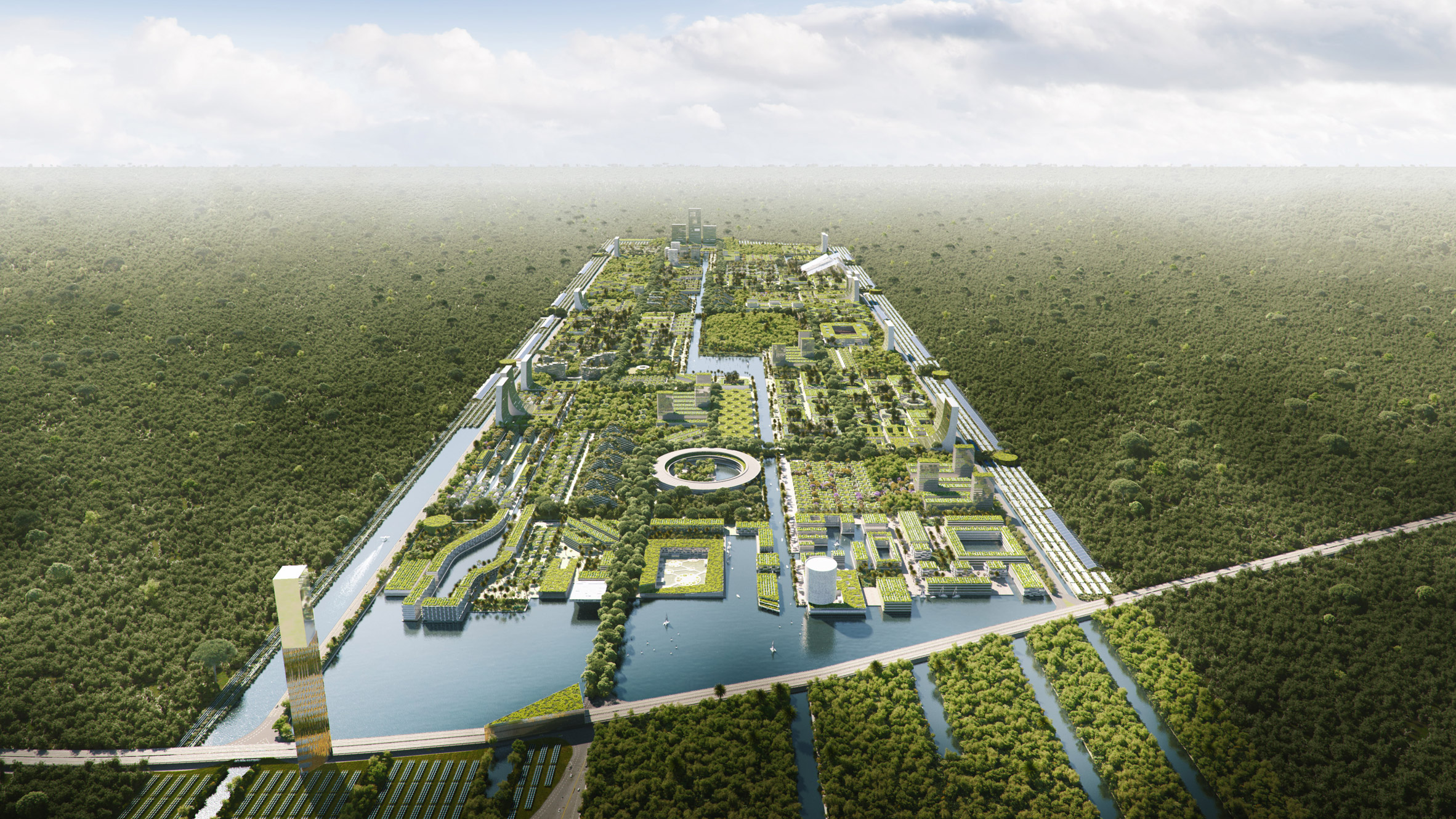 19. Pop-up bike lanes
19. Pop-up bike lanes
Temporary cycle lanes are popping up across Europe to help larger numbers of cyclists to comply with social distancing, with road markings in Berlin being redrawn and a new cycle network set up for vital routes across Budapest.
20. Smart generosity
Coronavirus has sharpened our focus on social responsibility, compelling businesses to invest in causes that put the needs of stakeholders above short-term gains, such as giving employees extra benefits or collaborating creatively to manufacture PPE.
21. Yin-Yang booth seats
New airline seat designs with plastic partitions could be the new norm, isolating passengers by reversing the middle seat, and installing a transparent guard that wraps around the seat’s shell.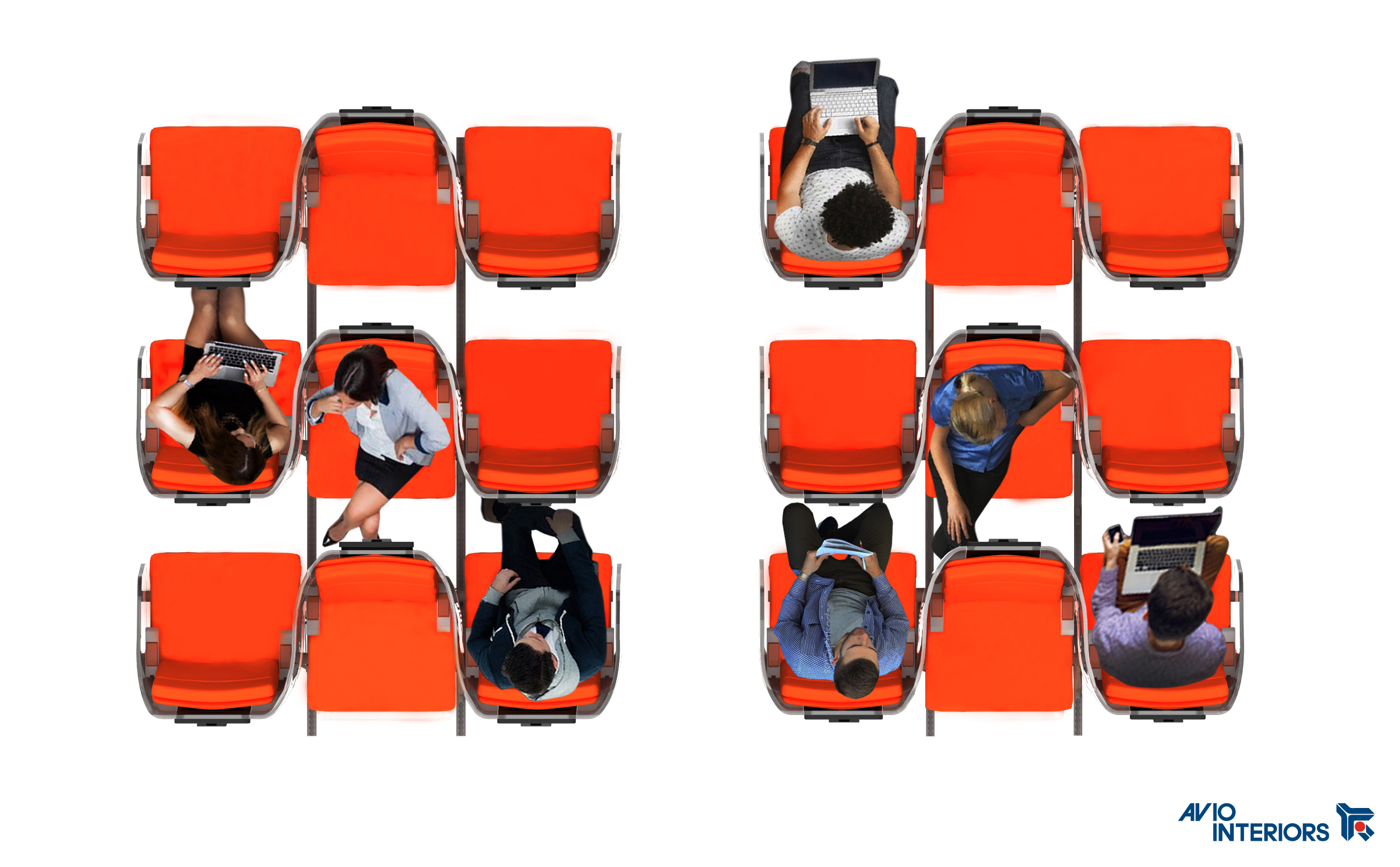
22. KonMari method (at work)
Finding ways to delineate our home and work lives is more important than ever, and in her new book, Joy at Work: Organizing Your Professional Life, Marie Kondo outlines ways to achieve clearer career and daily work goals by organising digital data, categorising contacts and setting priorities.
23. Remote crowds
Brands are finding innovative ways for users to interact virtually on their platforms, from Netflix Party, where viewers can host long-distance movie nights, to Covid Room – “pioneers of e-clubbing and e-exhibition”.
24. Border testing
“Point of need” tests, where ultra-low concentrations of Covid-19 are detectable within minutes, are currently being developed by a number of biotech labs. Once available, border authorities will be able to more easily filter healthy passengers.
25. Value vouchers
Vouchers are an ideal way of enabling people to secure discounted trips, along with providing much-needed cash for companies. Porter & Sail offers Hotel Credits (for example US$1,000 for $1,500 to spend at Papaya Playa Project, Tulum), while Ace Hotel is selling “pay now, stay later” gift cards for stays at US properties.



